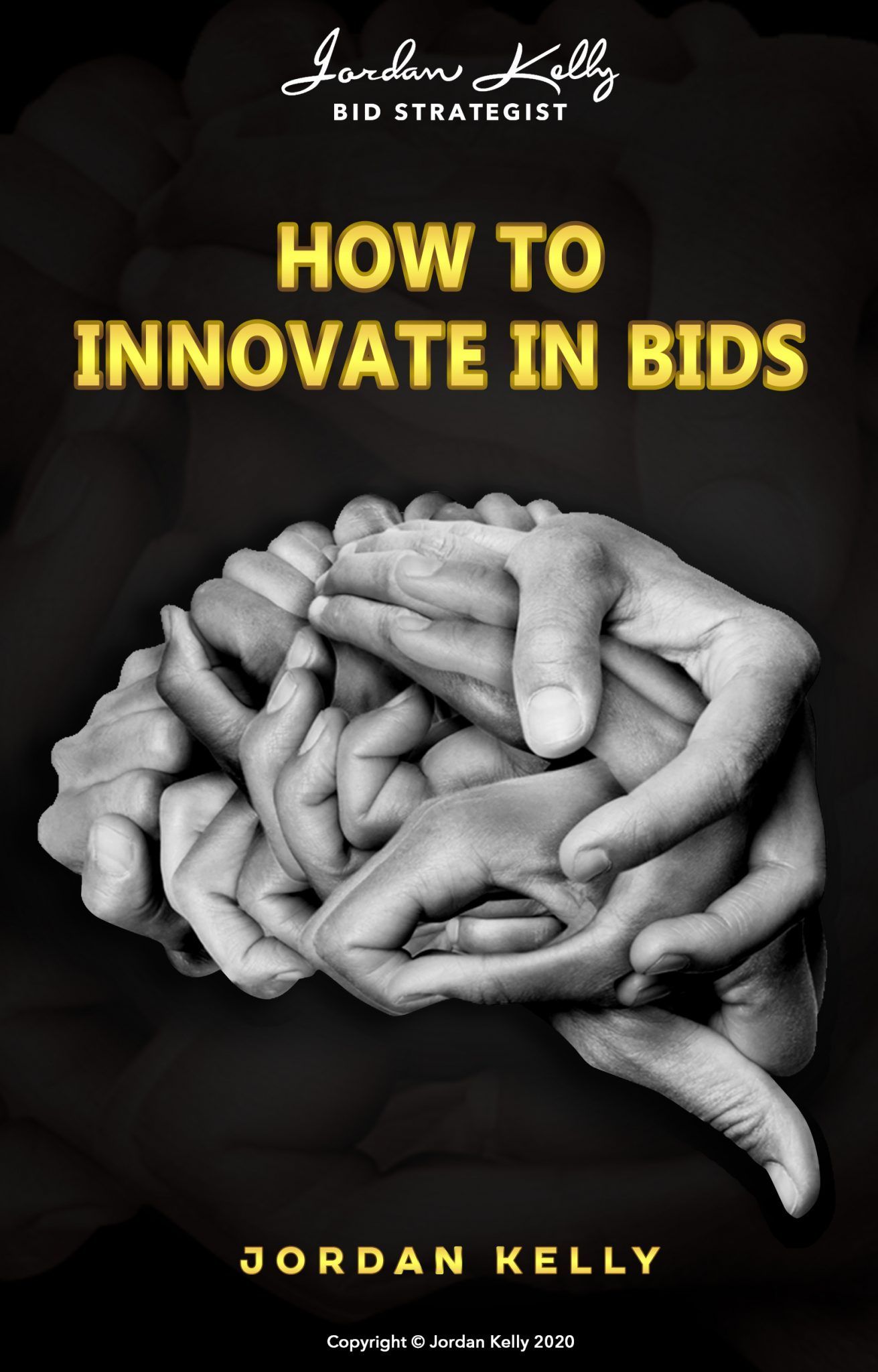CATEGORIES:

Business Development Managers ("BDs") and other frontline sales operatives often fall into the trap of jumping into premature "advice offering" with prospective clients.
There’s a distinct danger in doing this in pre-probity meetings and other communications in the lead-up to the release of an Expression of Interest (EOI) or Request for Proposal (RFP).
While there’s nothing wrong with endeavouring to bring extra value to meetings with client-side representatives (that is, value that goes beyond expounding the virtues of your product or service), it’s a move that calls for discernment over timing - along with extreme caution in general.
Here’s why:
- The full suite of information required to produce the bid strategy might not yet have been gathered.
- Even if the BD considers that all the information required to go forward with the production of the bid is in hand, that information is still “raw data”. It hasn’t yet been pooled, scrutinised, and converted into the “intelligence” needed to underpin a fully fleshed-out, authoritative, bid strategy . . . running the risk that any earlier-delivered advice could be out of alignment with the themes and content of the EOI or RFP response.
- If the client-side has seen fit to issue a formal market call, it’s reasonably safe to assume they feel the full requirements need to be conveyed formally and in a cohesive, written form. Thus, advice offered without the full contingent of facts given in the EOI or RFP, risks being either off-base or viewed as personal opinion.
- The only advice being formally asked for is that which is contained within the EOI or RFP questions. Offering advice prior to receiving these formally laid-out requirements in the client’s documentation, might be viewed as unsolicited, unwanted and/or presumptuous.
- The BD risks being viewed as simply trying to show off his or her knowledge, and only secondarily as wanting to be helpful.
Pre-probity information-collection opportunities are gold, and optimising them is a fine art.
TO BID OR NOT TO BID
(Training Program)
The real value of a thorough and well thought-out bid/no bid decision analysis – whether highly structured or less so – results from asking the right questions (in a logically-progressing order) and seeking out well-researched answers.
It's a customised, deep-thinking process during which a valuable perspective of the client and the opportunity is built. When that is followed by a realistic self-analysis, the framework is in place for making a genuinely strategic, properly informed decision.
HOW TO INNOVATE IN BIDS

(Training Program)
"Innovation" in the context of the big-ticket bidding space takes on a very specific definition.
It’s the bidder that demonstrates a
deep and genuine grasp
of this definition – and stays tightly guided by it in the “innovative approach” it is asked to propose in its submission – that is likely to be successful.



